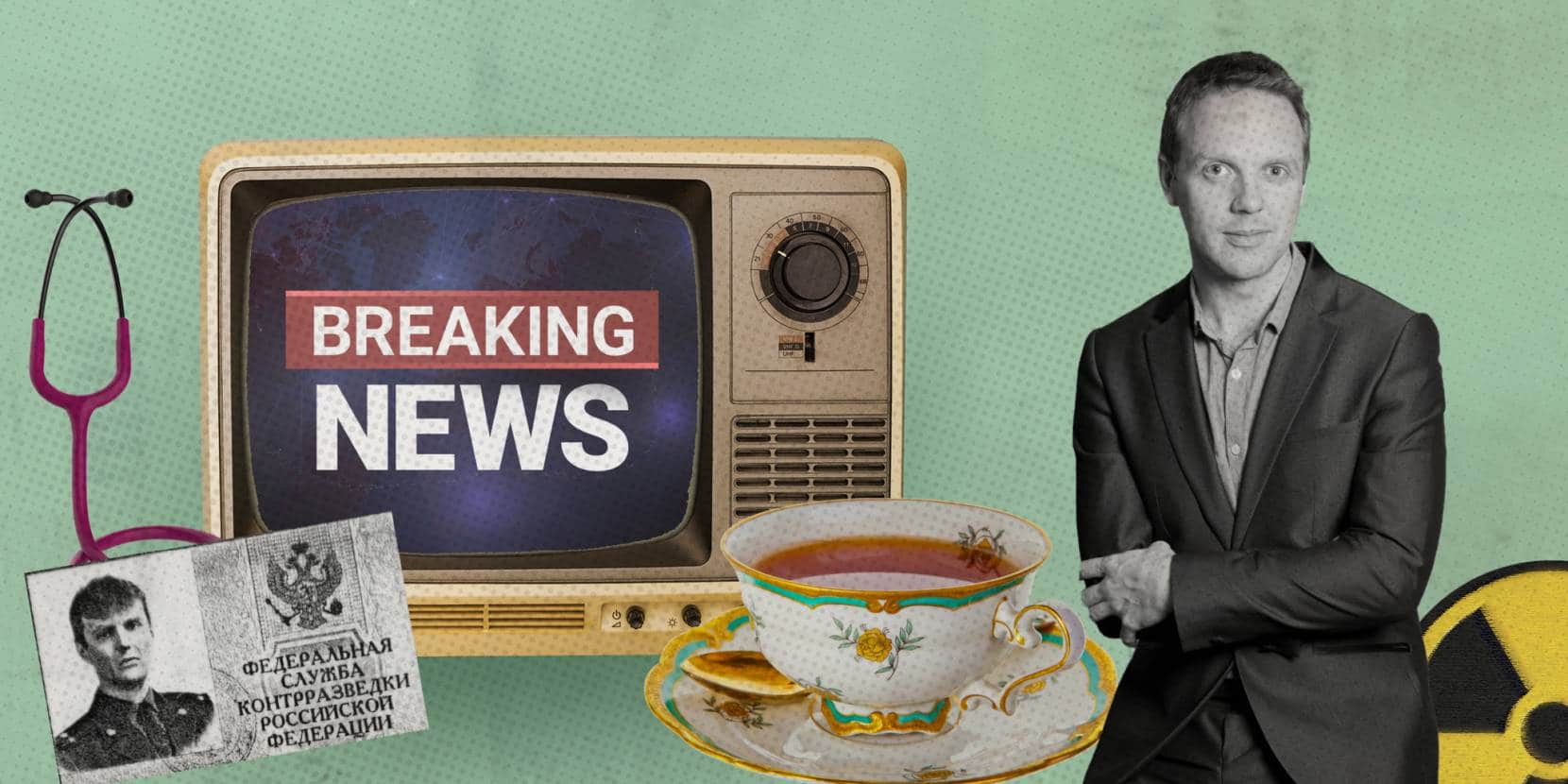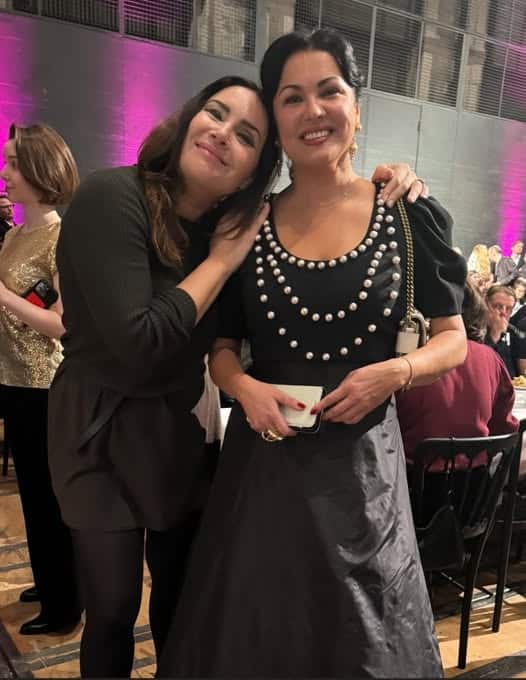Three winning ideas to bring opera up to date
OperaThese are the winners of San Diego’s Opera Hack 3.0.
1 Baroque Reality: Accessible Augmented Reality Stagecraft, a proposal by Esha Datta, Lindsey Blackhurst, Sarah Hutchings, and Mitchell Hutchings.
The Baroque Reality Team constructed an abridged version of the opera Alcina by George Friderich Händel that focuses on the opera’s primary narrative, allowing technology to enhance the storytelling.
Throughout this production, Alcina will be told from a more nuanced, female-centric perspective. AR/MR will help the narrative take a deep dive into why these women might be on the island, who they are, and external forces that affect them.
The technology woven throughout the performance serves two purposes: 1. allowing the audience to see a virtual set with characters’ backstories and additional story information presented visually; 2. using real-time tracking performers as avatars and body tracking technology, audiences will view the story from various characters’ perspectives through devices. Weaving technology such as portable devices (tablets and phones) and UnReal Engine (a gaming platform) into Alcina allows us to explore an alternative narrative perspective throughout Händel’s opera.
Creative Team:
Esha Datta, singer/software developer/technical lead for Baroque Reality
Dr. Lindsey Blackhurst, singer/educator/creative concepts
Dr. Mitchell Hutchings, singer/Assistant Professor of Voice – Florida Atlantic University/workshop facilitator @mhvoicestudio
Dr. Sarah Hutchings, composer/stage director, @composersarah
2 Metropolis 3.0, a proposal by Luciana Perc, Jacqueline Goldfinger, Eddie DeHais, Ian Garrett, Yelena Babinska, Alejandra Martinez, and Megan Cooper.
METROPOLIS 3.0 is an innovative new opera that reignites the revolutionary story at the heart of Fritz Lang’s 1927 classic film Metropolis, colliding the cutting-edge technology of 2022 with the visceral immediacy of live performance for a modern audience. With the emergence of digital intelligence and the physical mechanization of labor previously done by humans, our world is experiencing far-reaching and ever-escalating crises that mirror those in Metropolis. The story shines a light on our present reality, on existing systemic structures that fuel climate change, exacerbate global inequities, and strip the most vulnerable among us of autonomy. Metropolis pioneered a vital transitional moment in humanity’s relationship to technology both through its message and medium. Now, a century later our team will explore the frontiers of how modern-day technologies such as motion capture, augmented reality, production mapping, motion tracking, and live video can bring Metropolis to a 21st century audience.
Creative Team:
Composed by Luciana Perc @lucianaperc.music
Libretto by Jackie Goldfinger @jacquelinegoldfinger
Development and direction by Eddie DeHais @planet_eddie
Technical Development by Ian Garrett TW: @toasterdog, @mrtoasterlab; IG: @igarrett, @mrtoasterlab
Design by Yelena Babinskaya @y.babinskaya – IG/Twitter and Facebook
Dramaturgical Support by Megan Brewer Instagram: @megthesalonniere
Singing expertise of Alejandra Martinez @alejlujah
3 PO(pera)V, a proposal by Nam Nguyen.
Opera conveys more than musical notes and songs, but an emotional narrative meant to be experienced, with as much of one’s self as possible. There are physical limitations to that experience: what seat you are in? There are economic reasons: what seat can you afford? There are social reasons: you never grew up with opera, why bother sitting through it? Utilizing the technology of 360-degree cameras, the proposed PO(pera)V concept embeds the audience at different levels of immersion based on their own interests and curiosity in a complete, virtually captured, performance – pushing aside those limitations.
Three levels of navigable immersion place the audience member right where they want to be to experience an opera performance. They can observe the show, as intended, from the theater seats. Through cameras mounted and hidden in the set, they can catch closer glimpses at the production, design, and the performers. With custom helmet rigs mounting cameras, recording from a performer’s point of view, an audience member can place themselves in the costume of a main character – and be the star of the show. Giving agency to an audience member over their virtual experience, the opera becomes an individualized, and memorable, adventure.
Creator: Nam Nguyen, Mechanical Engineer
There will be a fourth Opera Hack coming soon.






Comments